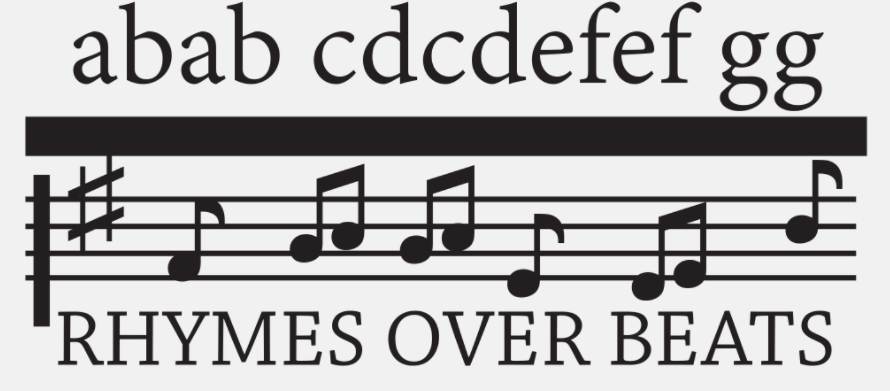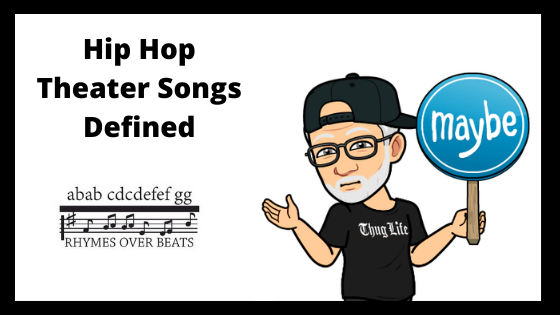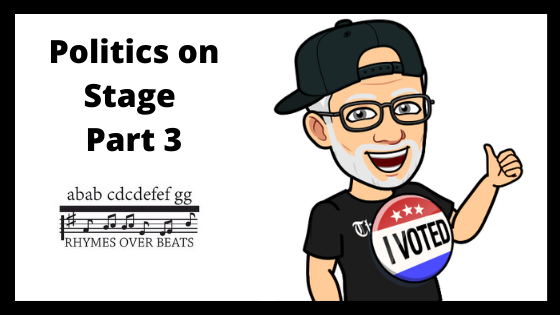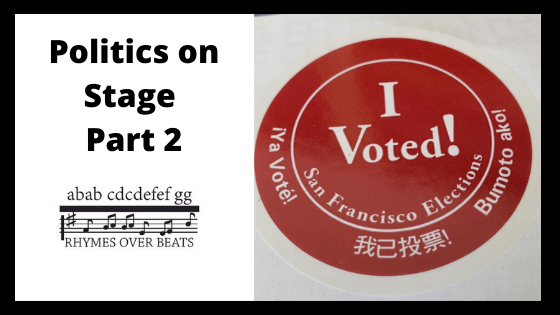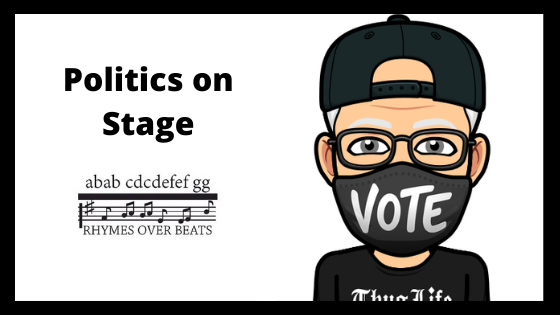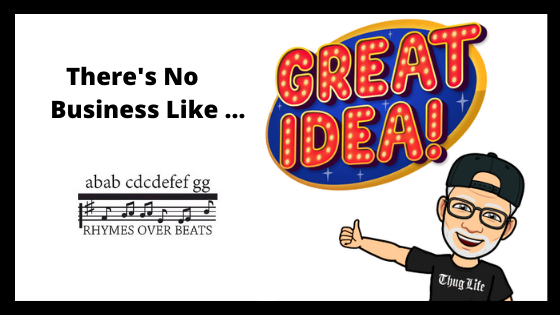
Branding
Branding
When I first began working in theater on a professional level I began as a producer.
I originally produced shows at a space in NYC downtown called New York Performance Works. I shared the space with other theater artists. One of the people I shared the space with asked one day what I did artistically. I explained that I was just a producer. He suggested that I needed to do more.
More? He pointed out that everyone else in the space were artists and I needed to be one too. He suggested I become a playwright; his argument was that if I couldn’t find a play to produce, I could write my own.
He convinced me that my brand – how I presented myself – needed to be enlarged. From then on, I was a “playwright- producer.”
Brand, then Expand
One of the aims of Rhymes Over Beats is to encourage the hip hop artists we come in contact with to consider doing the same – expanding your brand. For instance, if you are an MC, you can become a playwright-MC. If you write beats, you can become a composer-beat writer.
Whatever you are right now, please think about becoming more. The major difference between the theater industry and the music industry is that in the theater industry you never give up ownership of the work you create. In theater, if you write or co-write a musical, no one can perform it without your permission. And without paying you a royalty.
Something to think about when you decide if you want to expand your brand.
